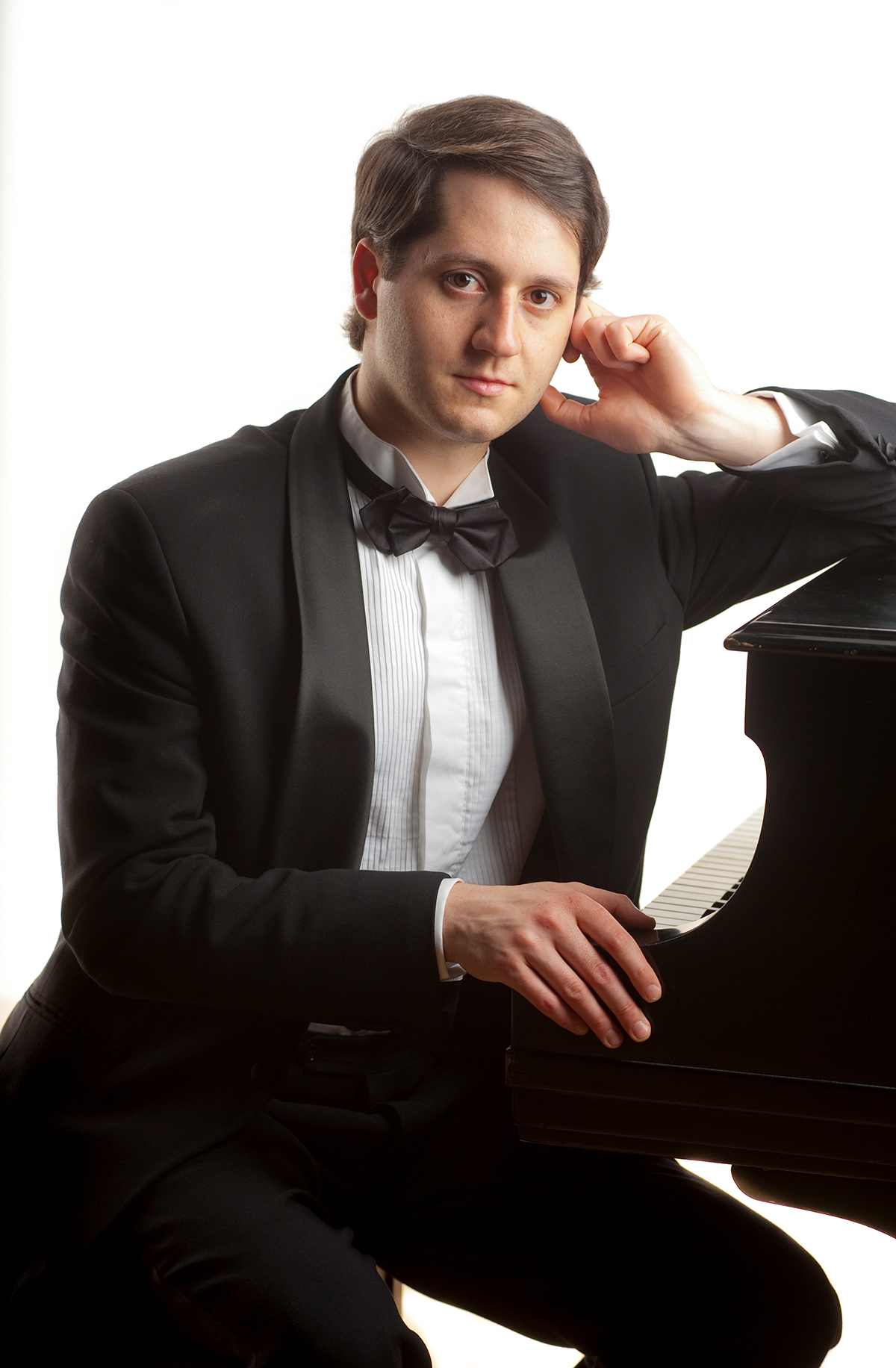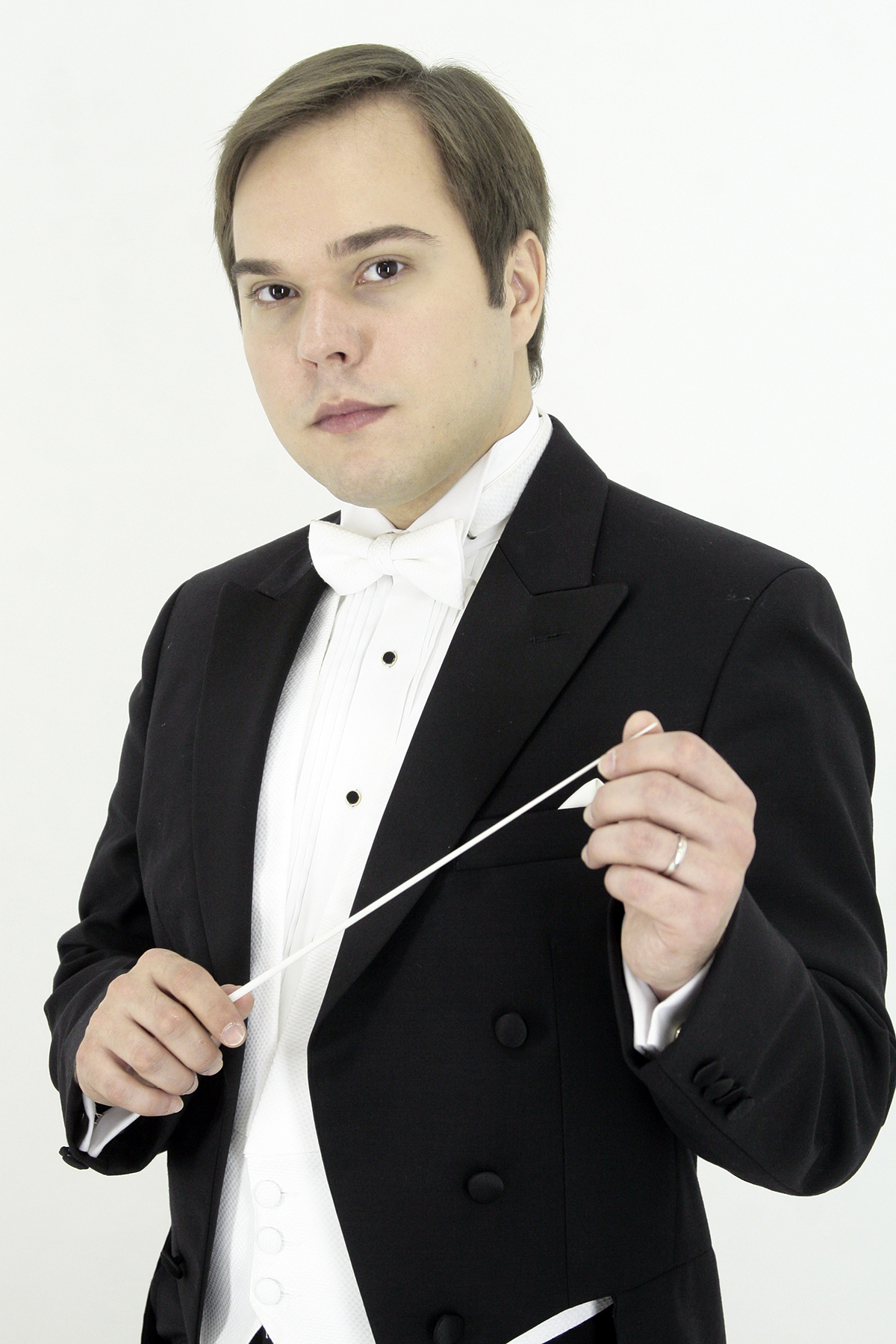Musicologists are still debating over the extent to which personal and creative forces shaped Tchaikovsky’s final symphony. Brazilian-born conductor Marcelo Lehninger takes a moderate view, acknowledging the acute depression of the composer’s final years did make its way into the music.
“He was in a very hard moment in his personal life,” Lehninger said.
But he doubts the symphony was meant as a musical suicide note, as some have suggested.

“If you’re suicidally depressed, you’re not writing a symphony,” Lehninger said. “You can’t even leave your bed.”
Aside from the interpretive challenges that await Lehninger and the Chautauqua Symphony Orchestra, Thursday’s concert follows a tried and true format: an overture, followed by a concerto and intermission, and then a major symphony. At 8:15 p.m. Thursday in the Amphitheater, Lehninger and the CSO will perform Rossini’s overture to The Italian in Algiers and Liszt’s Piano Concerto No. 1 with soloist Nikita Mndoyants before capping off the evening with Tchaikovsky’s Symphony No. 6, nicknamed “Pathétique.”
Musicians often feel compelled to take liberties with Romantic music, and Tchaikovsky’s last symphony is no exception. Stretching phrases and fluctuating tempos isn’t always a shallow indulgence; much of the music from the 19th century requires it. But Lehninger said it’s easy to overdo it, especially with Russian composers like Tchaikovsky.
“It’s very hard with Russian music in general to not be over-the-top sentimental because we really shouldn’t,” Lehninger said. “Russians are sentimental, but not the easy sentimentality. It’s a bit deeper than that.”
For Lehninger, a legitimate reading of Tchaikovsky’s last symphony is a careful balance between restraint and emotion.
“You’re never doing a square interpretation, but it’s also not overly sentimental,” Lehninger said. “You need to be careful and respect the style as well as enjoy the beautiful music, and let the musicians enjoy that music.”
Lehninger considers recordings by Russian conductor Yevgeny Mravinsky, whose spartan gestures nevertheless elicited spirited playing, a touchstone for interpreting Russian music from the period.
“You can hear the old school of playing Romantic Russian pieces, which is not as you would play something else,” Lehninger said. “If you do everything Tchaikovsky wrote in terms of dynamics and tempos, it makes so much sense.”
Some of the unsubstantiated details of Tchaikovsky’s life, such as an alleged affair with the nephew of a ranking member of the nobility resulting in a criminal conviction, are also tempting to musicians looking for meaning in the music.
“It’s hard to say for sure if that’s true or not,” Lehninger said. “There are so many mysteries about his life.”
The ending of the symphony is certainly cryptic: Instead of a traditional catharsis on a major chord, Tchaikovsky writes quiet, fading heartbeats.

“People who don’t know the symphony get quite surprised,” Lehninger said.
When Lehninger was assistant conductor of the Boston Symphony Orchestra, he attended an open rehearsal of Tchaikovsky’s Sixth Symphony at Tanglewood Music Center. The final notes of the symphony died away, “and then someone yelled, ‘Is that really the end of the symphony?’ ” Lehninger said.
Liszt’s first piano concerto is an ideal transition between the frothy lightness of Rossini and the dark depths of Tchaikovsky. On one hand, Liszt was a larger-than-life presence on the concert stage.
“He was such a show-off,” Lehninger said. “He had incredible technique.”
But Liszt was also the thoughtful type.
“There is a deep, philosophical content in his music,” Lehninger said. “There are moments where you can feel that this is someone asking some questions about life.”
Liszt’s music was influenced both by Hungarian folklore and German literature like Johann Wolfgang von Goethe’s Faust tragedy.
“It’s really interesting to go between the fun entertainer and this introspective, philosophical man,” Lehninger said.
The first concerto is unusual in that it’s a continuously spun-out work rather than a traditional multimovement piece. Lehninger thinks of it more as a tone poem that happens to include a soloist.
“It’s so beautiful and very rewarding to play,” Lehninger said.




